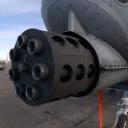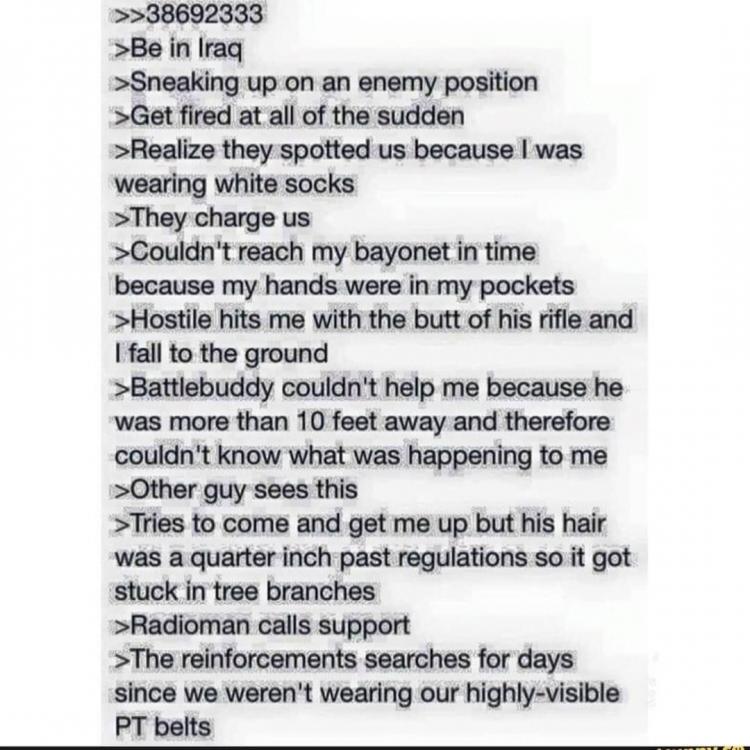In my opinion, it extended much further down than just the top level GO/FO leadership.
Long but interesting anecdotal story. When I was a young staff officer I was assigned to be my command's GSOS lead (Global Special Operations Synchronization, it's how SOCOM is supposed to prioritize where it puts SOF, feeds into the GFM process). BLUF is its a multi-phase process with a lot of data collection/processing and in person PPTs to a board.
During my second year doing doing this, SOJTF-A J35 was presenting their Campaign Plan for the conference (presented to a board of 6 O-6s from SOCOM), SOJTF-A team was made up of an O-6 and several O-5s and civilians. The SOJTF-A team VTCs in and has this very bright, optimistic "this is the year we turn it all around, X years to stem the tide, XX years to seize the initiative, we're gonna take it to them with this new strategy, etc, etc, etc). I think they even used the word "defeat" in some of their presentation. The O-6 board receives the presentation, asks a few minor questions, then says great job, go get'em, we really appreciate you", or something to that effect and starts to move on.
That would've been the end of it except for 1 O-5 Army Strategist (extremely intelligent guy who was about as cynical as they come) in the audience. He stands up in this room full of 50 people with god knows how many others in VTC land and politely asks what's different about this year compared to all the other years in the Stan (this conference was in early 2018). When SOJTF-A says they don't understand his question, he expands by saying what they've presented looks remarkably similar to his 2005 experience, which also mirrored the time he was there in 2009, while not differing all that much from the strategic plan in 2011, seemed shockingly similar to his deployment in 2013, and he didn't see all that much change from 2015-2017. He then asked how on god's green earth they were going to seriously degrade or possibly defeat the enemy with a fraction of the resources previously available and an ANA that wasn't that much more capable and suffering a record high number of casualties.
The crazy/really eye opening moment to this whole thing was that the SOJTF-A guys just sat there dumbstruck, like they couldn't believe anyone wouldn't believe in or would dare question their plan. They literally had no answer. I seriously think several of them honestly believed the nonsense they were presenting. The O-6 board quietly ruffled through their notes or stared at their hands. The O-5 strategist shook his head and sat down.
Will always be one those random moments in my career I'll never forget and the moment I knew we could've been in the Stan for another 20 years and it wouldn't have changed the ultimate outcome one bit.










